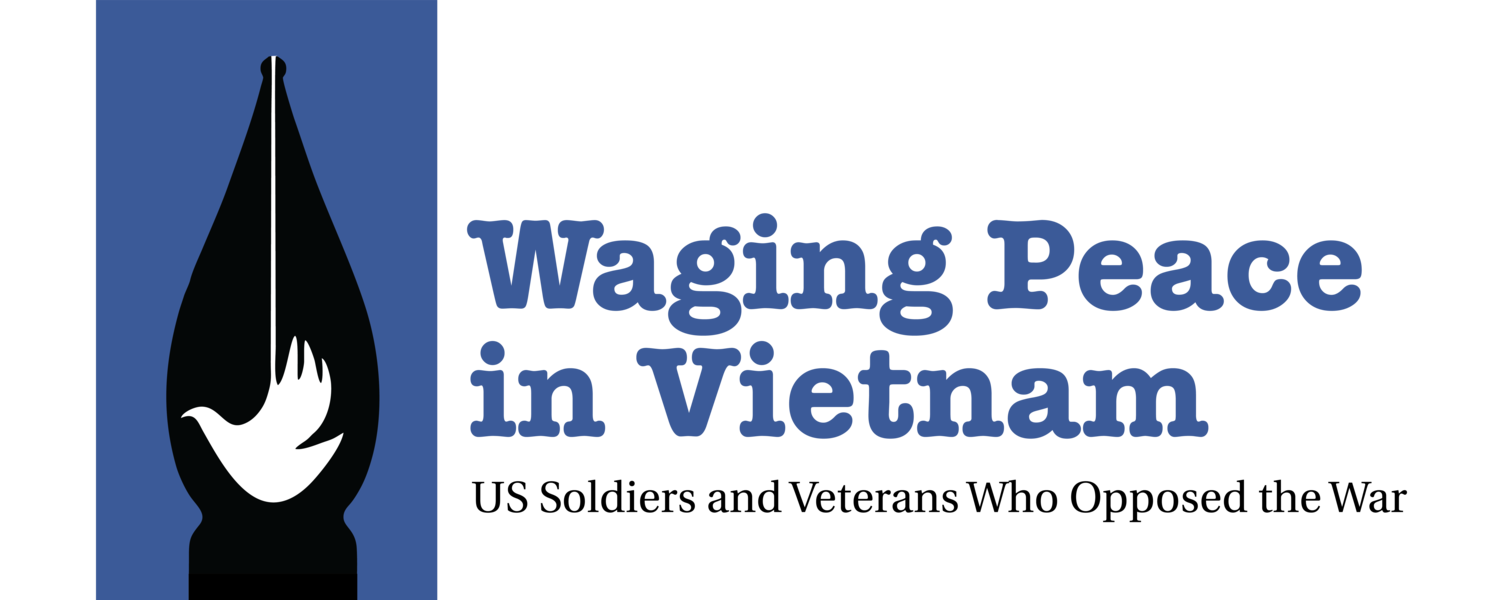Selected poetry works
At each of our Waging Peace events, we make an effort to begin with anti-war poetry as it is a powerful way to frame our academic presentations. Here, we share some of the beauty and significance of our contributing poets and their works.
Selected poetry works by a range of poets including Jan Barry, Teresa Mei Chuc, Wayne Karlin, Yusef Komunyakaa, Hoa Nguyen, Kimberly Nguyen, Doug Rawlings, and Bruce Weigl were presented at a gathering at the University of Colorado- Boulder, organized as part of a series of events coinciding with the display of the Waging Peace in Vietnam exhibit on campus.
Pulitzer Prize-winning American poet and Vietnam veteran Yusef Komunyakaa shares his poem, “Facing It,” which deals with the personal angst of the speaker, a Vietnam veteran, who is visiting the Vietnam War Memorial in Washington D.C. Komunyakaa’s poem, “Fragging,” appears in Waging Peace in Vietnam.

